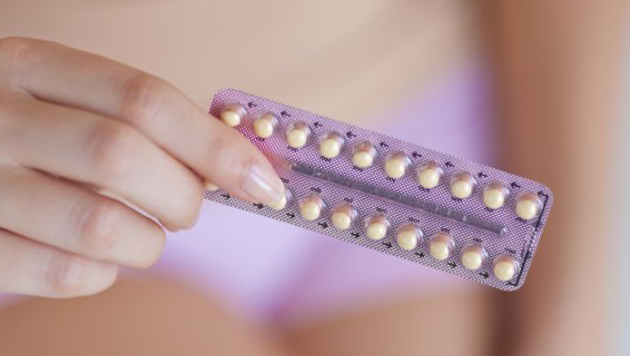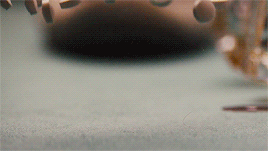
Last week, I read an article on the BBC about the pill by the Deputy Editor of The Debrief, Vicky Spratt. As I scanned the first few lines of the post, I started to feel an overwhelming sense of familiarity with her story. It was a story which was almost word-for-word the same as my own.
The experience Vicky was describing was virtually identical to one I wrote about back in March 2013: The Pill: It’s just not meant for some women. This was my first ever article, and I wrote it out of sheer passion for informing women everywhere the hidden dangers of hormonal contraceptives.
Back in 2013, I wrote “In the UK alone, more than 3.5 million women regularly rely on the contraceptive pill. Of course for the majority of these women, there’s no problem, they can happily take it and continue their lives as before. However, there are also many women, including myself, that have to suffer with endless side effects and symptoms caused by our pills. Weight gain, severe mood swings, feeling lethargic and tired, headaches, loss of emotion and libido, plus many other degrading and upsetting effects. Many women don’t realise that the symptoms are caused by their pill.”
I spoke of how doctors feel compelled to push women onto hormonal contraceptives, in a bid to combat unwanted pregnancy, painful periods and acne. I spoke of the sheer misery I experienced, and the pressure I felt under. Back in 2013, I abandoned The Pill and haven’t looked back since.
What I’ve been noticing recently, however, is a trend in brave young women speaking out about one particular side effect of their pill: depression and anxiety.
It is no secret that depression and anxiety is now the highest ever recorded in the UK. With 1 in 6 adults diagnosed with anxiety and depression, Suicide is the leading cause of death among young people aged 20-34 years in the UK.
Now that’s scary.
Fair enough this isn’t all due to the pill. It’s not fair to pin all problems on hormonal contraceptives. But it’s a massive contributor in women.
The fact is, The Pill IS linked to depression, and we can no longer ignore it.
A study published by The University of Copenhagen followed 1 million Danish women, using different contraceptives, over 13 years. It was the largest study of it’s kind, and it confirmed the link between hormonal contraceptives and depression.
The findings were alarming. Women on the progesterone-only (POP) oral contraceptive were 34% more likely to develop depression and anxiety disorders, and those on the combined were 23% more likely. The hormonal IUS/coil, the patch and the ring were shown to increase depression at a rate much higher than either kind of oral contraceptives.
Teenagers were also at the greatest risk of depression, with an 80% increase when taking the combined pill. 80%.
I was put on the pill at the age of 15. Like so many, I suffered with endless side effects for 4 years, but it seems that no study will ever be good enough for some to take women’s experiences seriously. The threat of unwanted pregnancy “will always outweigh the risks of side-effects”, I was told by medical professionals.
Upon the release of this research, women were reassured, and were told not to be worried, concerned, or discouraged from carrying on the use of our contraceptives: mostly by men who have never and will never take them themselves.
One expert even attempted to reject the link with depression in pill-taking teenagers, putting it down to ‘first-love heartbreak’. Hmmm.
Yes, it is easier to denounce the findings, especially as so many women happily rely on the pill. It’s easier to pretend that depression is caused by other triggers. It’s easier to insist women continue to change their pill to avoid pregnancy, disregarding the symptoms. It’s easier to continue as we always have done.
But seriously, how many times are we going to ignore the thousands of women who find themselves hopelessly stuck, hopelessly sad and hopelessly wondering why their passion for life has vanished?
It’s 2017 and we deserve the choice to protect not only our bodies, but also our minds.
Women everywhere need help, and no, that’s not an easy pill to swallow.



